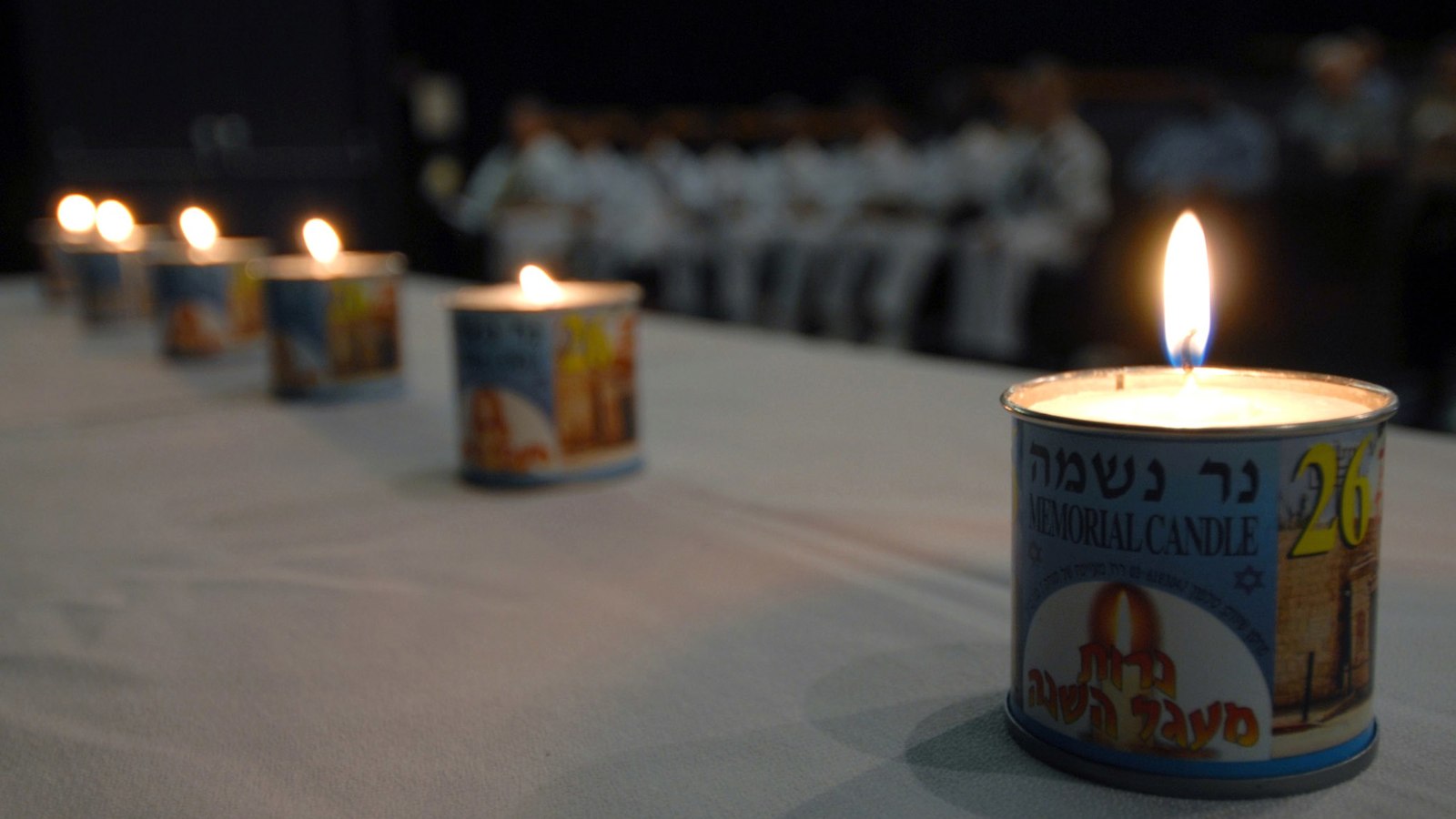Jewish mourning customs differ depending on the mourner’s relationship to the deceased. While Jews are expected to observe mourning rituals for siblings, parents, children and spouses, traditional requirements are most extensive and lengthy for mourning a parent.
Relatives for Whom One Sits Shiva And Says Kaddish
The only people for whom one is obligated to sit shiva and observe the other rites of mourning are one’s immediate family: parents, siblings, spouse, and children.
Step-Relatives
Today, given the prevalence of complicated family configurations, attributable in many instances to death, divorce and remarriage, a variety of questions arises. What if a divorced parent’s second spouse dies: Are stepchildren required to sit shiva? Does one sit shiva for stepsiblings? The rule seems to be that the obligation for mourning still falls only on blood relatives. As for siblings, only those who are blood relatives, like half-siblings, are included, but not step-siblings. Similarly, one is not required to observe the mourning rites for stepparents or stepchildren.
Adoptive Parents and Children
The question of adoptive parents and adopted children is trickier, given the deep emotional attachment between them, identical to that of natural parents and children. In all of these cases Jewish law holds that although there is no absolute obligation to sit shiva and say Kaddish, it certainly is permissible and commendable to do so.
With your help, My Jewish Learning can provide endless opportunities for learning, connection and discovery.
Neonatal Loss
If a child dies before it is 30 days old, Jewish law does not prescribe any rites of mourning (Mo’ed Katan 24b; 374:8). As insensitive as this rule may seem, the explanation appears to lie in the fact that shiva honors the dead, and the talmudic rabbis did not deem it appropriate to honor such a young child.
Today, more and more people, in particular women, find it meaningful and emotionally restorative to conduct a rite of mourning for the loss of a fetus. Suggestions have been made to recite the Mi Sheberakh (healing) prayer in the synagogue after the miscarriage and, following her recovery, to invite the mother to recite publicly birkhat ha-gomel (a blessing said upon recovery from illness). In this way the community can be called upon to offer the couple emotional support and assistance in coming to terms with their grief.
Mourners Who Live in Different Cities
Since it is not unusual today for brothers and sisters to live in different cities, apart from each other and also apart from their parents, the question of where to sit shivah for a parent who dies can be difficult to resolve. It is becoming common to sit the first three days in the home of the deceased parent or one of the siblings, together with the other mourners, and then return to one’s own home for the latter part of shivah [the first three days are viewed as more intense than the last four]. The logic behind this division is that the most effective and meaningful comforting can be offered by one’s own friends and neighbors, who will be able to do so only when the mourner returns home.
Children and Mourning
Although children who have not reached bar/bat mitzvah age — 12 for girls and 13 for boys — are not obligated by any of the mourning rules, the tendency in most instances of a child suffering a loss of a parent or sibling is to involve her to the extent possible in the rites. Although it used to be common practice to shelter children from death and cemeteries, mental health professionals now consider it far better for a child to attend the funeral, watch the burial, rend her garment, sit shivah, and even recite Kaddish for her parent or sibling. Children, too, need opportunities to express their love and grief openly, and Jewish mourning rites offer that to them.
Women and Kaddish
The recitation of Kaddish for nearly a year is traditionally viewed as an obligation upon the sons of the deceased, not upon the daughters. However, since Jewish laws of mourning in every other area obligate women in the same way that they obligate men, it follows that women should feel the same duty men feel and recite Kaddish in a synagogue at least once a day.
READ: How One Orthodox Woman Overcame Obstacles to Recite Kaddish with Dignity
Even in Orthodox synagogues, where women are not counted for the prayer quorum (minyan) and where they sit separately from men, a woman may recite kaddish along with the men from her own seat, just as she recites other prayers from her place during the course of the service. A daughter who is Jewishly knowledgeable and committed to regular synagogue attendance honors the memory of the deceased parent just as much as a learned and observant son does. It is interesting to note that in the biblical and talmudic period, women were actively and even formally involved in the mourning rites as keeners (mekonenot), composing dirges and leading the responsive recitation of various kinds of lamentations.
Excerpted with permission from Celebration and Renewal: Rites of Passage in Judaism edited by Rela Mintz Geffen (Jewish Publication Society).
Sign up for a Journey Through Grief & Mourning: Whether you have lost a loved one recently or just want to learn the basics of Jewish mourning rituals, this 8-part email series will guide you through everything you need to know and help you feel supported and comforted at a difficult time.
Looking for a way to say Mourner’s Kaddish in a minyan? My Jewish Learning’s daily online minyan gives mourners and others an opportunity to say Kaddish in community and learn from leading rabbis.
Kaddish
Pronounced: KAH-dish, Origin: Hebrew, usually referring to the Mourner's Kaddish, the Jewish prayer recited in memory of the dead.
Torah
Pronunced: TORE-uh, Origin: Hebrew, the Five Books of Moses.



